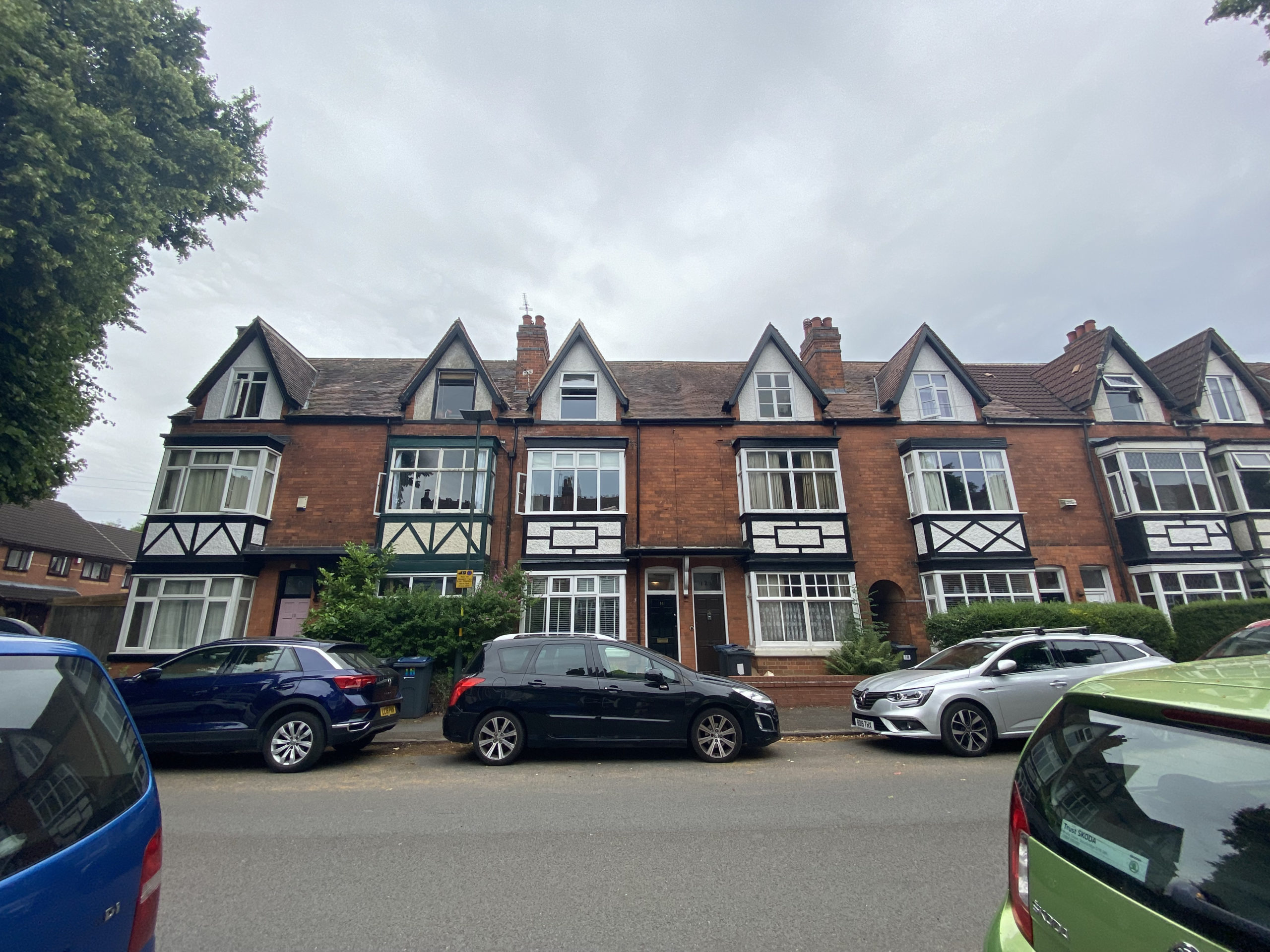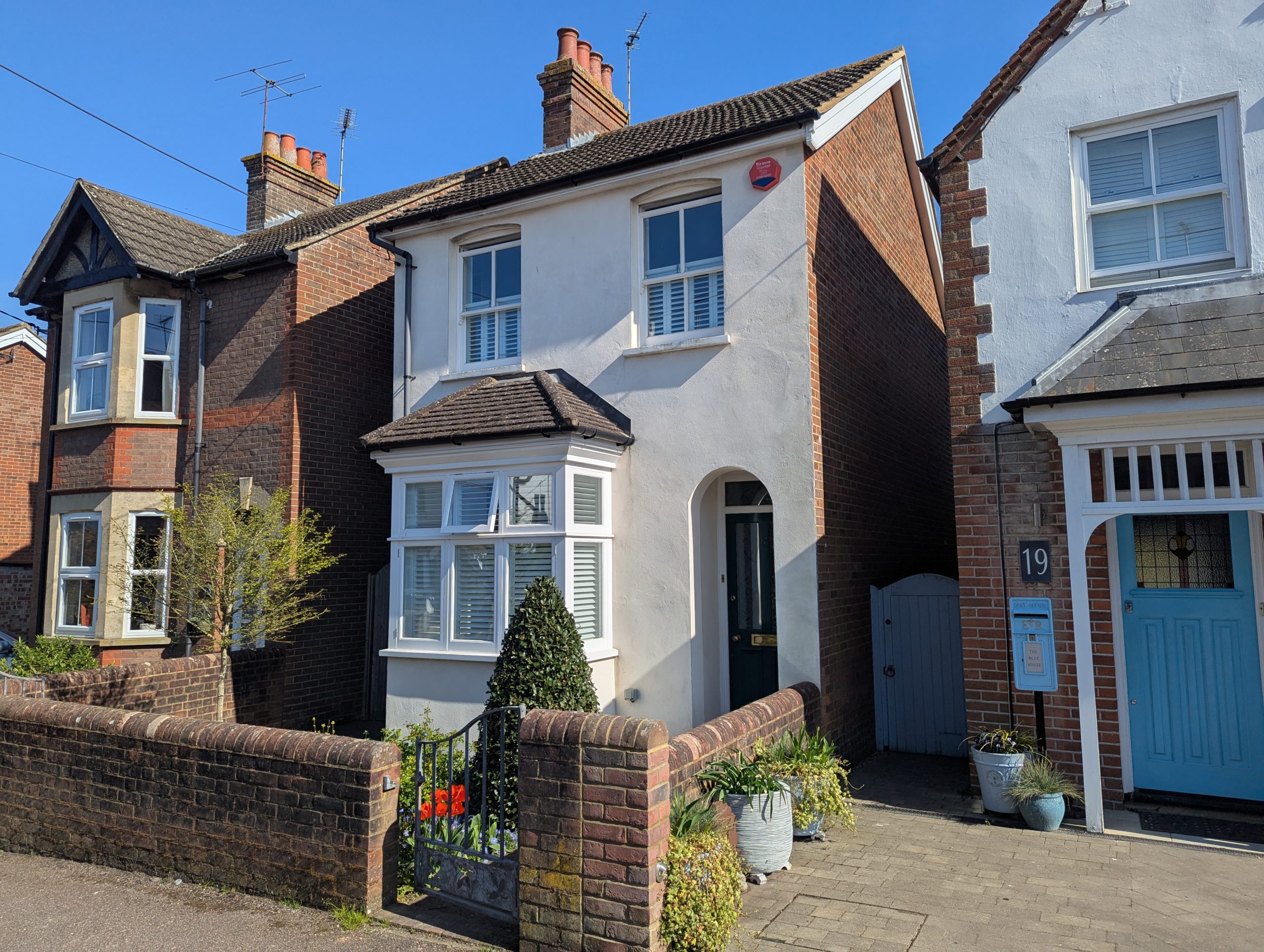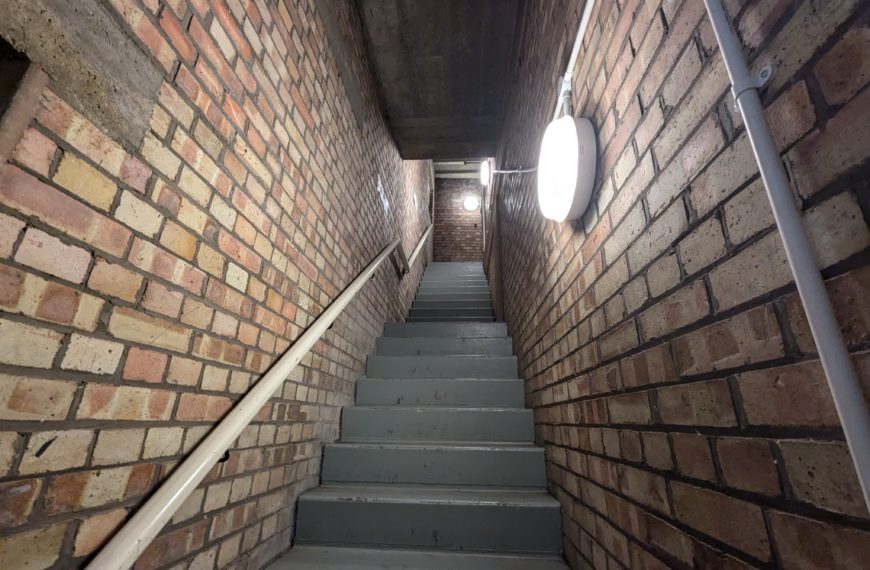Thinking of Buying a House? Don’t Overlook the Survey
Buying a house is one of the biggest investments you’ll ever make. Whether it’s your first home or your forever home, there’s a lot to think about. From getting a mortgage to negotiating the price. But one step that’s often rushed (or skipped) is choosing the right property surveyor.
A high-quality survey can save you thousands of pounds by identifying hidden problems early such as damp, subsidence, or poor renovations. But how do you make sure you’re hiring the right expert?
This guide breaks down your options, compares surveyor types, and includes real-world tips that most blogs skip.

What Is a Home Survey and Do You Really Need One?
n short: yes, you do, especially if you’re buying an older home, flat, or a property with extensions.
The three main types of survey in the UK are:
- Snagging Report – Basic overview and detailed schedule of defects, best for new-builds
- Level 2: HomeBuyer Report – The most common; good for standard homes in decent condition
- Level 3: Building Survey – A detailed, hands-on inspection, ideal for older or altered properties
Types of Surveying Providers in the UK
| Provider Type | Pros | Cons |
|---|---|---|
| National Chains | Fast booking, name recognition | High-volume targets, templated reports, often newly qualified staff. Often little direct contact with the surveyor. |
| Regional Firms | Local familiarity, costs can be competitive. | May still rely on standard clause templates; often KPI-driven; can rely on less qualified staff. |
| Solo Surveyors | Personal touch, lower cost, some sole traders have lots of local knowledge | Limited oversight, can be outdated in practices, often no quality checks and limited support. Some sole traders have little in practice experience. |
| Specialist Independent Firms | Experienced staff, quality control, tailored advice, direct contact with surveyors. | Not bargain-bin cheap but far better long-term value |
Workload Affects Quality: And Most People Don’t Know It
RICS accreditation ensures a certain standard, though the quality of advice can still vary depending on the individual surveyor’s experience and approach. The RICS Home Survey Standard sets out a minimum standard in terms of the service scope and report output. But here’s the truth: some firms push surveyors to complete 10–12 surveys a week. That’s barely enough time for inspection, analysis, reporting, and follow-up.
What suffers?
- Report depth
- Tailored insights
- Proper context around defects
- Availability of follow up advice and discussion
Potential Red Flag: If your surveyor is juggling more than 2 surveys per day, ask how much time they’re really spending on a report and how many reports they do in a week.
Standard Clauses = Standard Risk
Some large firms rely on template-based reports packed with vague clauses like:
“Further investigation is recommended.”
These may protect the firm, but they don’t protect you. You want a surveyor who explains what’s wrong, why it matters, and what to do about it.
While there is nothing wrong with standardising elements of clauses and reports, as this helps ensure continuity of service and quality; ultimately many issues and types of construction do have underlying themes or principals which it makes sense to standardise in some way.
However, where there is no flexibility for the surveyor to tailor a clause or wider report output to the property and apply their own expertise and judgement to the nuisances of a situation, this will limit how much they can help you.
Unfortunately, this can often be the case for larger firms and those with less experienced surveyors and while you won’t get bad advice, it won’t be the tailored and considered advice you could have been given with the right surveyor.
RICS Accreditation is not equal to comprehensive Experience
Many people assume RICS letters guarantee expertise. But not all RICS members are equal.
- An AssocRICS surveyor may have just 1–2 years of experience. Sometimes less in practice surveying experience.
- Even MRICS surveyors may be newly qualified without hands-on depth and breath.
- Ask what kind of properties they’ve inspected, not just how many.
“How long have you been surveying homes like mine?” is a better question than “Are you RICS qualified?”
Talk to the Surveyor: Not Just a Sales Team
In many large firms, you’ll never speak to the person actually doing your survey. That’s a problem.
- Can they answer your questions?
- Do they understand your priorities?
- Will they explain the findings clearly afterward?
A quick pre-survey call is a green flag. No access to the surveyor? That’s a red one.
Real Case: The Loft Conversion That Nearly Cost £20,000
We recently saw a HomeBuyer Report from a national chain. It looked clean, but missed a major issue: a non-compliant loft conversion with no structural support or building control sign-off.
Our Level 3 inspection revealed:
- Unsafe joists
- Lack of fire separation
- Poor insulation
The buyer used this to renegotiate and saved over £20,000 in future repairs.
Don’t settle for a checkbox survey, your surveyor should protect your investment.
What to Look For in a Trusted Surveyor
The right surveyor will:
- Be RICS regulated (ideally MRICS or FRICS)
- Have specific experience with your property type
- Ideally provide services outside home surveys, as this breadth of expertise in other areas like project work, statutory processes and heritage makes for more rounded home survey advice.
- Offer a tailored, detailed report
- Be happy to provide a sample report
- Work under a quality assurance process
- Be open to communication before and after the survey

How We’re Different
At Fourth Wall Building Consultancy, we do things differently.
- Only experienced, senior surveyors
- In-depth reports, tailored to your property
- Robust internal quality checks
- No rushing we prioritise quality over volume
- Clear explanations before and after your report
📞 Need advice or a quote? Book a free call we’ll help you choose the right level of survey and explain what to expect.








